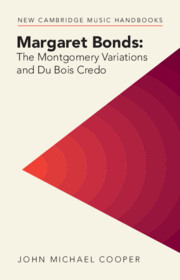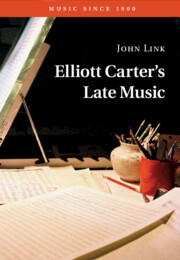Alva Belmont and Elsa Maxwell's Melinda and Her Sisters (1916) is a little-known work promoting women's suffrage, which was publicly performed only once in New York City. It was advertised as an operetta, a decision which minimised its overt stylistic and functional similarities to other genres of popular musical theatre from the period, namely, musical comedy and pageantry. Framed through Jeffrey Kallberg's concept of genre as a ‘gesture of labeling’, this article asks what could be gained – artistically, financially and politically – by Belmont and Maxwell's invocation of operetta and by their disavowal of other appropriate genre alternatives. I argue that the strategy reflects their fundraising priorities, the attitudes of their intended audience, and the social, political and artistic climates that constrained women's activities. This case study offers genre as a productive lens through which to interpret gynocentric musical production and performance.



